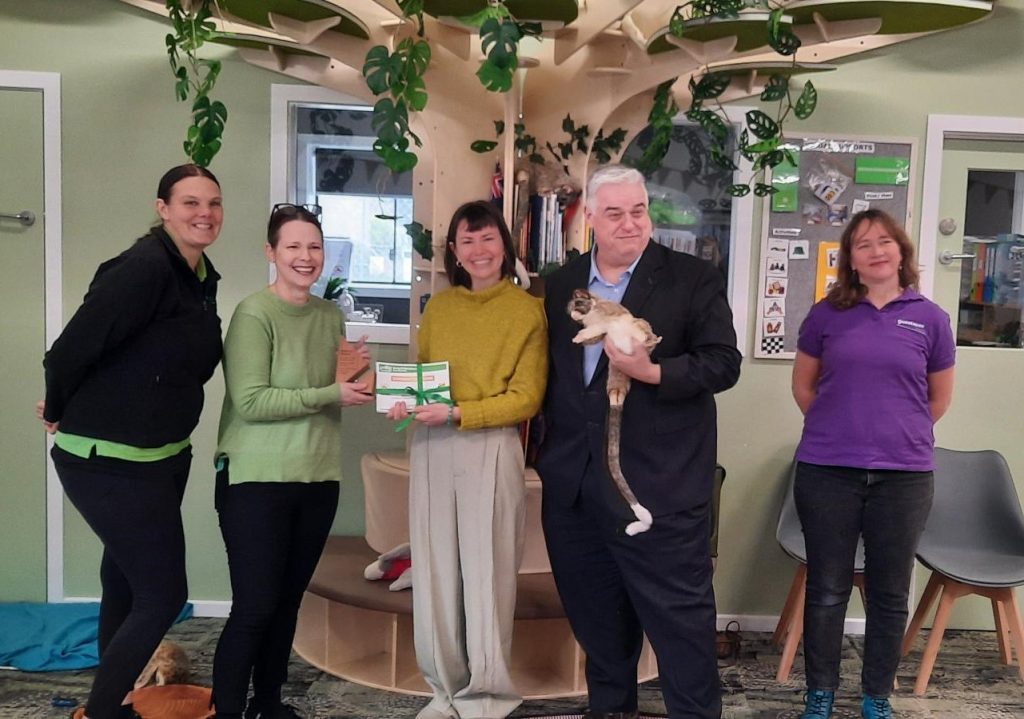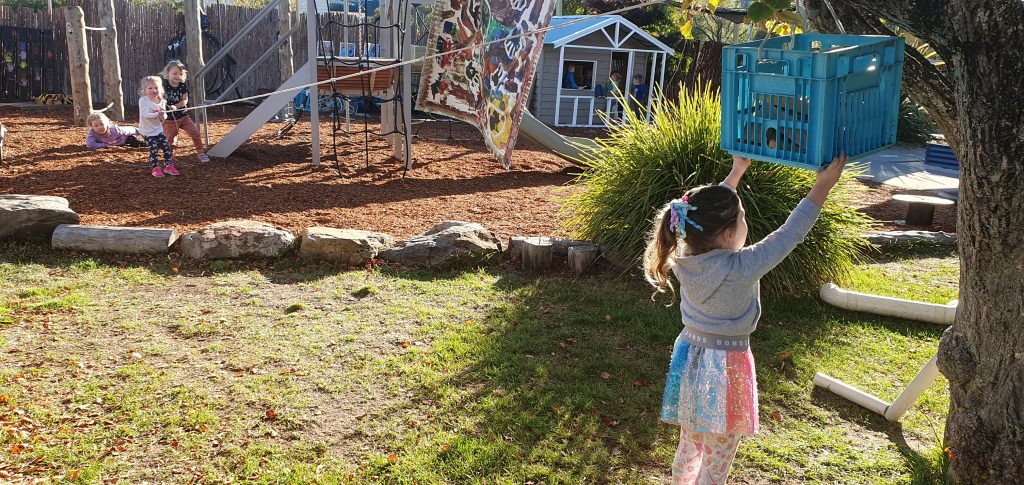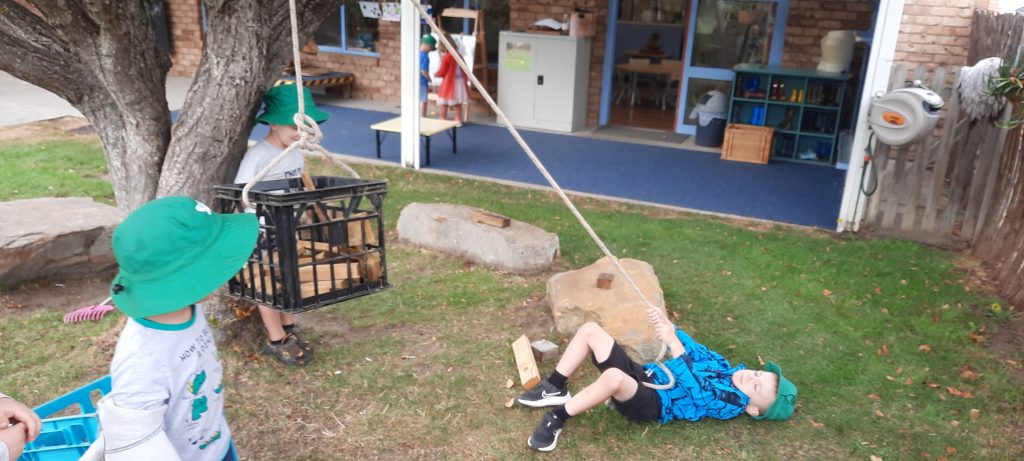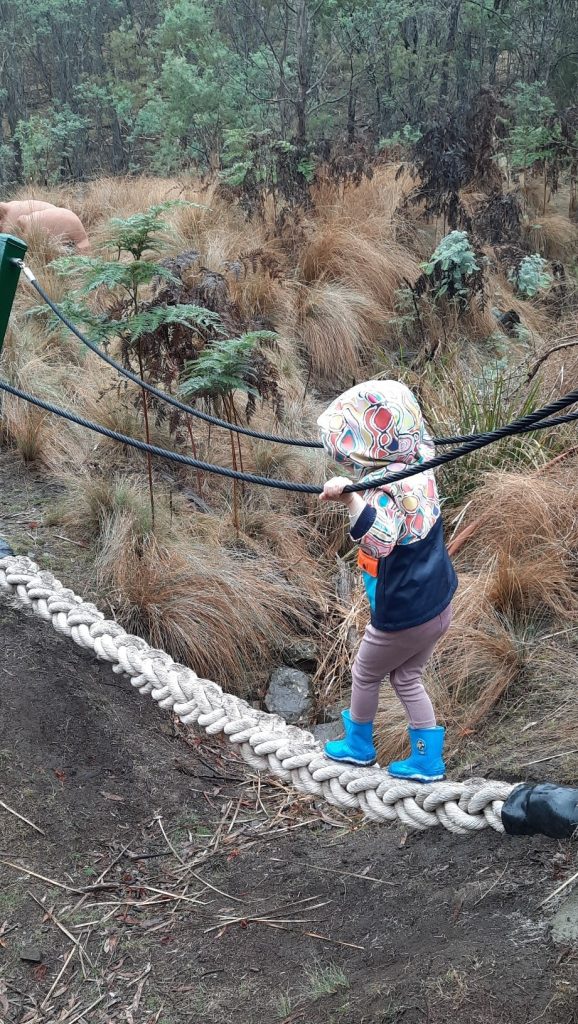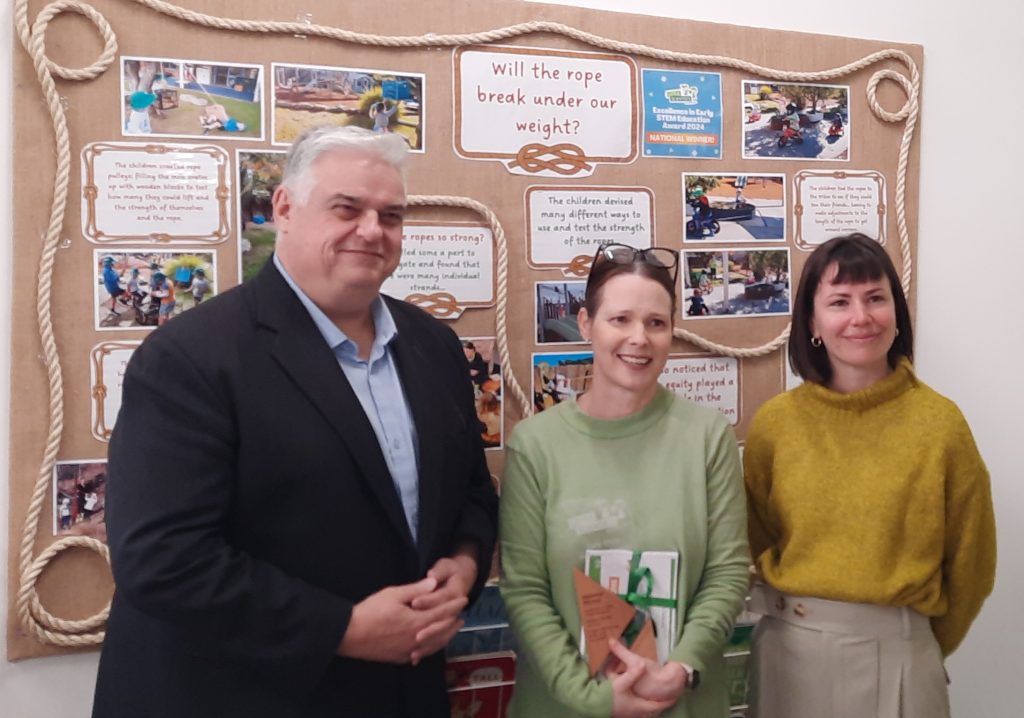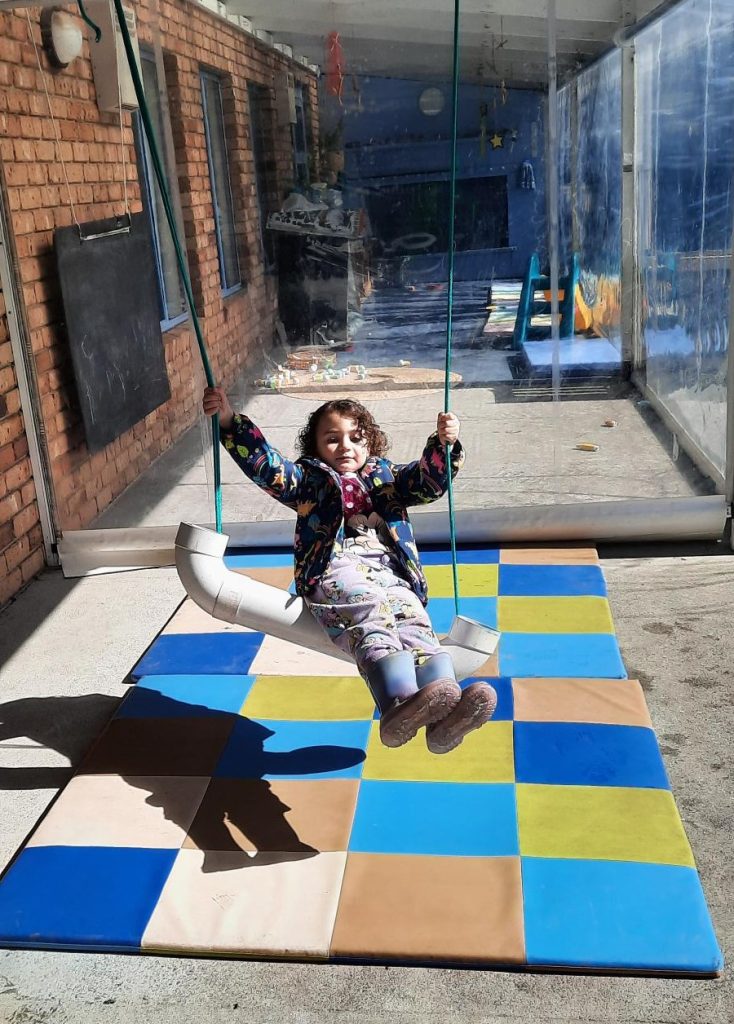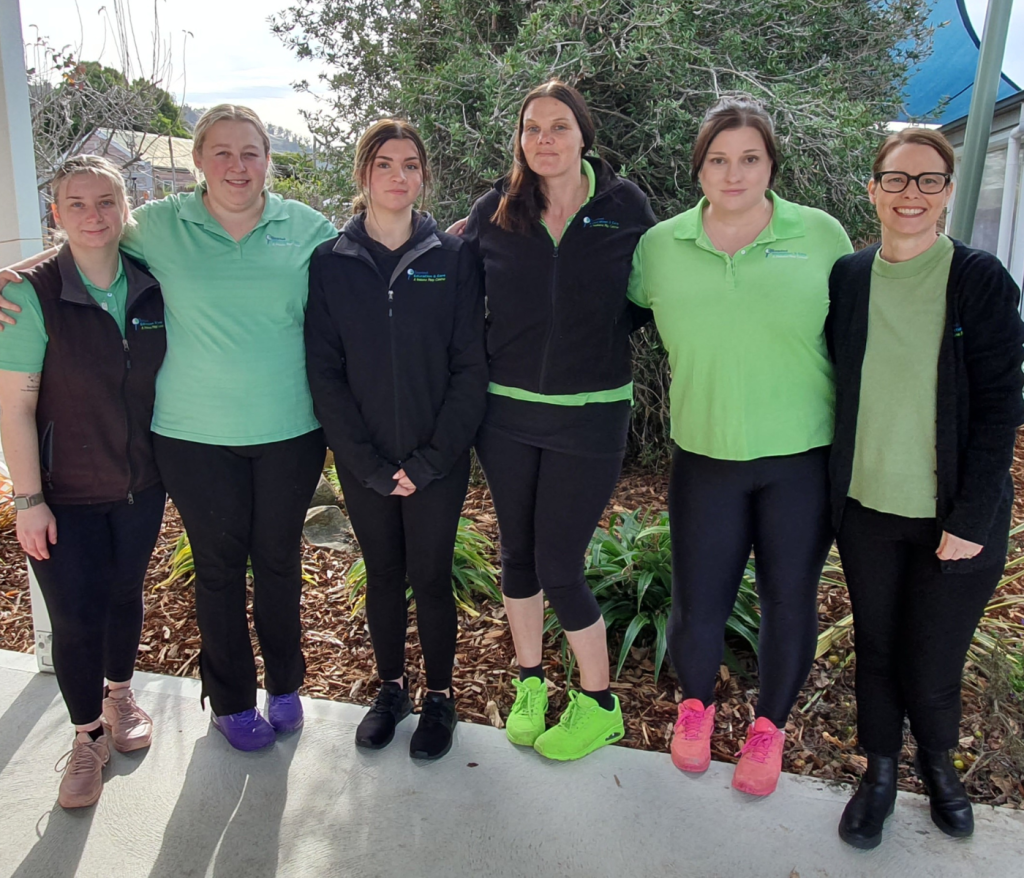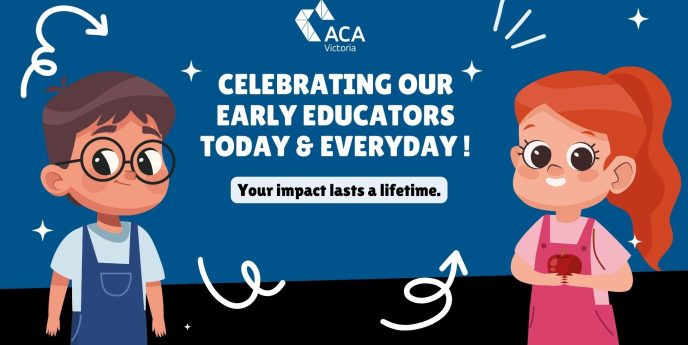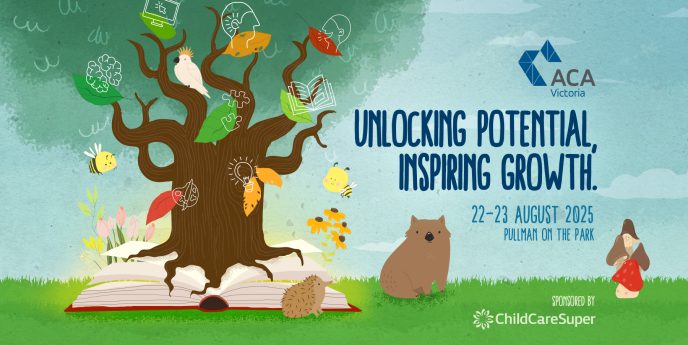Bagdad Childcare has won Early STEM Little Scientist Awards for Tasmania in the past, but never thought they could win a National Award for a child led STEM based project…then they did!
Congratulations to Bagdad Education and Care, proud members of ACA Tasmania, who have been named the national winners of the Excellence in Early STEM Education award at the Little Scientists Australia Early STEM Education Awards!
Their winning project, ‘Will the ropes break under our weight?’, captivated the judges with its innovative approach, blending hands-on experiments with ropes, physics, and motion over several months.
The judges praised the project for its best practice and age-appropriate approach to STEM learning, highlighting its strong child-led focus and ability to inspire curiosity and critical thinking in young minds.
Will the ropes break under our weight?
Our service regularly integrates Nature Play, Loose Parts Play and STEM into our programs. Children had been engaged with wood work in our loose parts (which they usually purchase on excursion to the local Tip Shop) and they enjoy using ropes as part of this child centred play which involves a lot of problem solving and experimentation.
Often the children ask:
“Do you think this rope can hold me?”
“Do you think I can use this rope to get to the top?”
“Do you think I can tow my friend behind my trike?”
These questions and observations from children occurred so frequently it made sense to capture this in a more immersive project to give children every opportunity to investigate ropes and their properties further.
Our little engineers, used the ropes to tie to milk crates full of blocks and lifted the crates, like a pulley system, over branches of a tree; working together to find more blocks, pulling on the ropes together to make the crates go higher and to protect each other by shouting, “Look out below!” when the block-laden crate came crashing to the ground.
They tied them to their trikes and bikes to pull their friends, realising that the longer the rope was, the harder it was to get around corners. With assistance from educators to tie knots, they towed their friends in convoys around our small bike track, problem solving to get their ‘passenger’ behind them around the corners more efficiently.
We took the ropes to the bush to see what ideas the children had and most were around climbing and balancing. They wanted them attached to trees to pull them up the hill, they worked with educators to create a swing that held their weight and tied ropes between trees to balance on.
The children had often enjoyed the rope bridges installed into our local bush area by the Council and noticed that they were made up of many strands at the end of the ropes.
We pulled apart a rope at the service and showed the children how the individual strands could break relatively easily on their own but when they were entwined together and ‘worked together they were stronger’… and the children commented, that was ‘just like us!’ When we work as a team, we can achieve so much more by working together. This became our ‘light bulb moment’.
The theme of this year’s project was based around gender equity and so we looked at the participation of children through a gender lens and noticed some (maybe not so) surprising differences! The boys were far more concerned about their own strength to lift crates and raced each other up the hill more competitively whilst using the rope and tended to work as individuals. Whereas, the girls often came in to use them after the boys had moved on, tended to collect resources together, support each other and pull on the ropes together for collective strength and afterwards celebrate together after they had achieved their result.
This was particularly interested and informed our practice in other ways, such as ensuring now that resources after left out for longer to that all children can participate and feel included in loose parts play.
Congratulations to the entire team at Bagdad Education and Care on this outstanding achievement! Your dedication to fostering early STEM education is truly inspiring.
